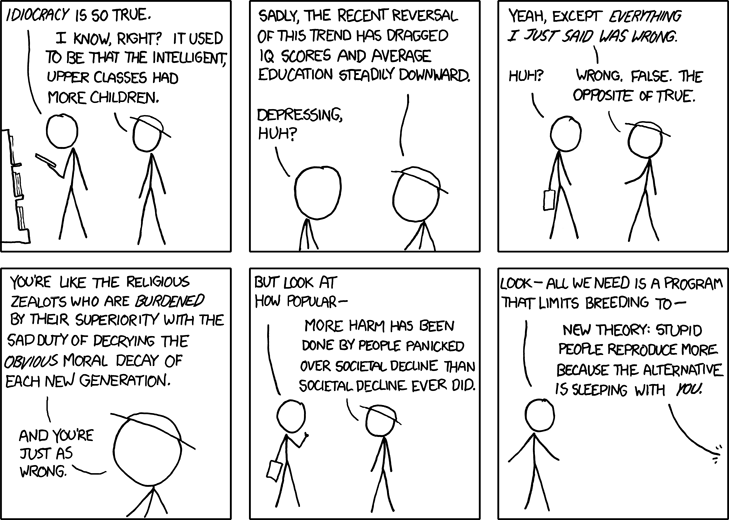Carlisle Blues
My Mail is Forwarded Here
- Messages
- 3,154
- Location
- Beautiful Horse Country
LizzieMaine said:My point, in all this, is simply to emphasize that the advances on the Civil Rights front didn't just flare up out of nowhere in the sixties -- and they certainly weren't a *product* of the sixties. Instead, they were the culmination of continuous pressures that had been building for years, especially since the end of WW2. And it was, more than any other, the generation born between 1910 and 1930 that made those changes happen.
I agree, Civil Rights did not "flare up" out of nowhere. However, the movement in the United States started long before those born between 1910 and 1930.
"The first legislative attempts to assure African Americans an equal political and legal status were the Civil Rights Acts of 1866, 1870, 1871, and 1875. Those acts bestowed upon African Americans such freedoms as the right to sue and be sued, to give evidence, and to hold real and personal property. The 1866 act was of dubious constitutionality and was reenacted in 1870 only after the passage of the Fourteenth Amendment. The fourth Civil Rights Act attempted to guarantee to the African Americans those social rights that were still withheld. It penalized innkeepers, proprietors of public establishments, and owners of public conveyances for discriminating against African Americans in accommodations, but was invalidated by the Supreme Court in 1883 on the ground that these were not properly civil rights and hence not a field for federal legislation.
After the Civil Rights Act of 1875 there was no more federal legislation in this field until the Civil Rights Acts of 1957 and 1960, although several states passed their own civil-rights laws."
However, see, Plessy v. Ferguson, 163 U.S. 537 (1896), is a landmark United States Supreme Court decision, upholding the constitutionality of racial segregation even in public accommodations (particularly railroads), under the doctrine of "separate but equal", for example.
Marcus Garvey's Universal Negro Improvement Association made great strides in organizing in these new communities and among the internationalist-minded "New Negro" movement in the early 1920s.
This all precipitated the modern American Civil Rights Movement (1955–1968).
Josephine Baker supported the American Civil Rights Movement during the 1950s. She protested in her own way against racism, adopting 12 multi-ethnic orphans, who she called the "Rainbow Tribe. Further, Baker refused to perform for segregated establishments. Grace Kelly openly supported Baker at the Stork Club vowing never to return.



